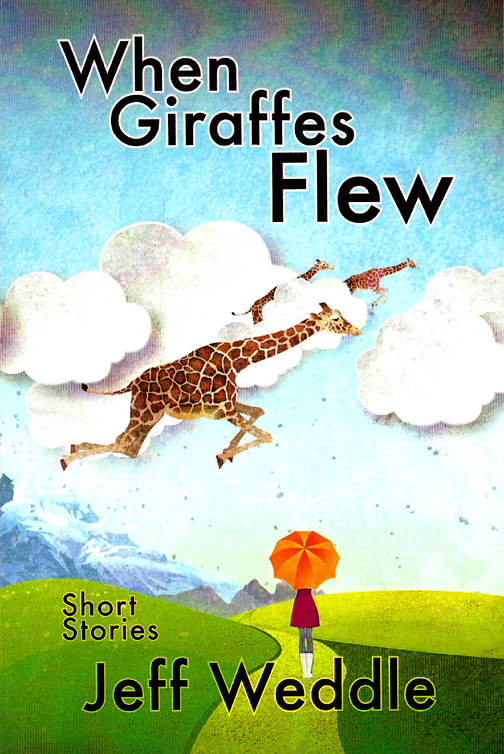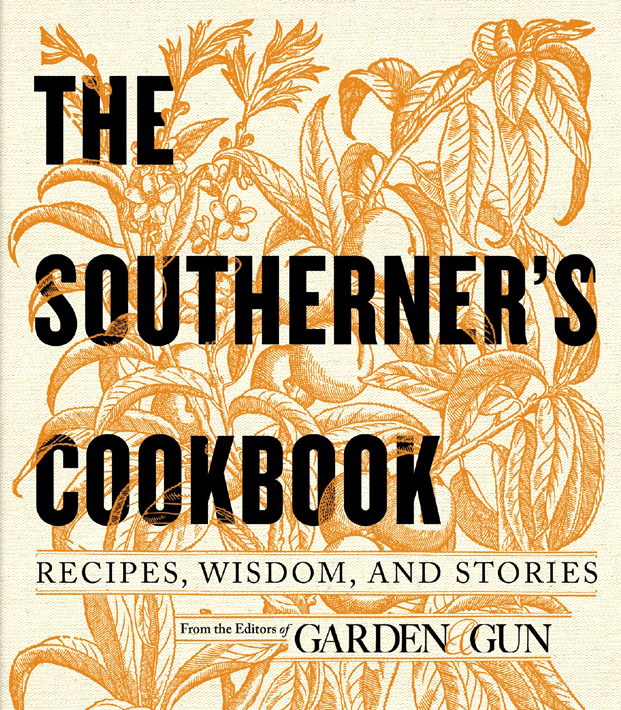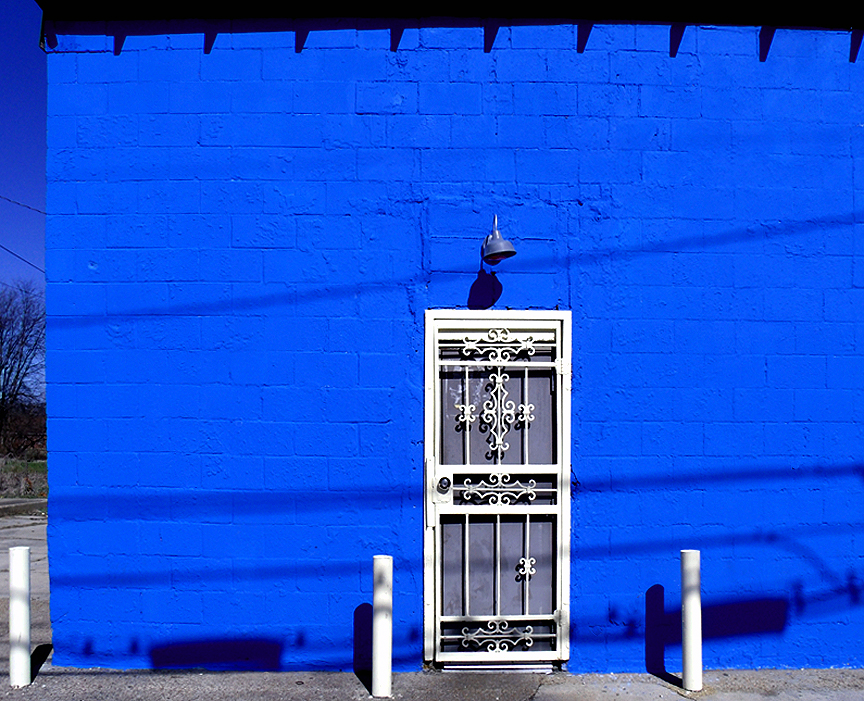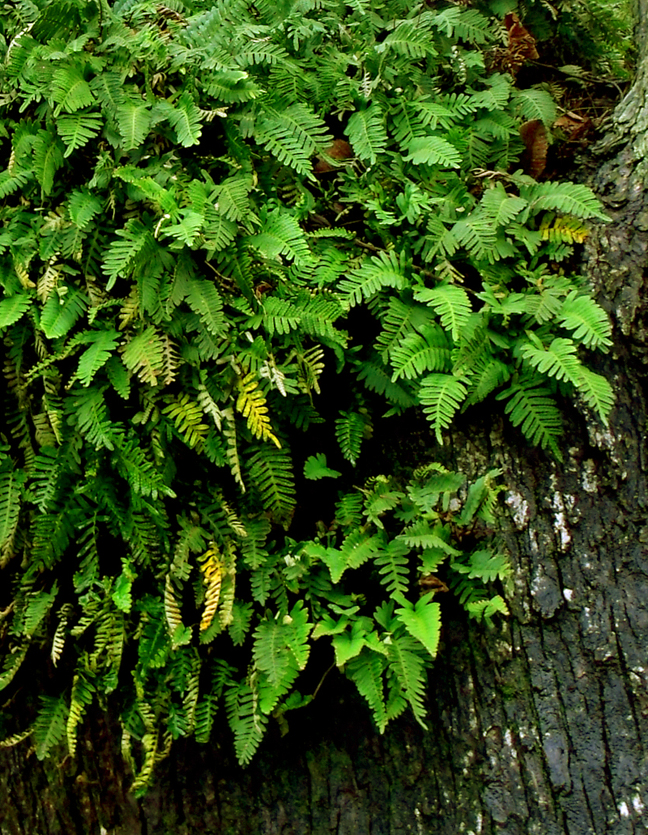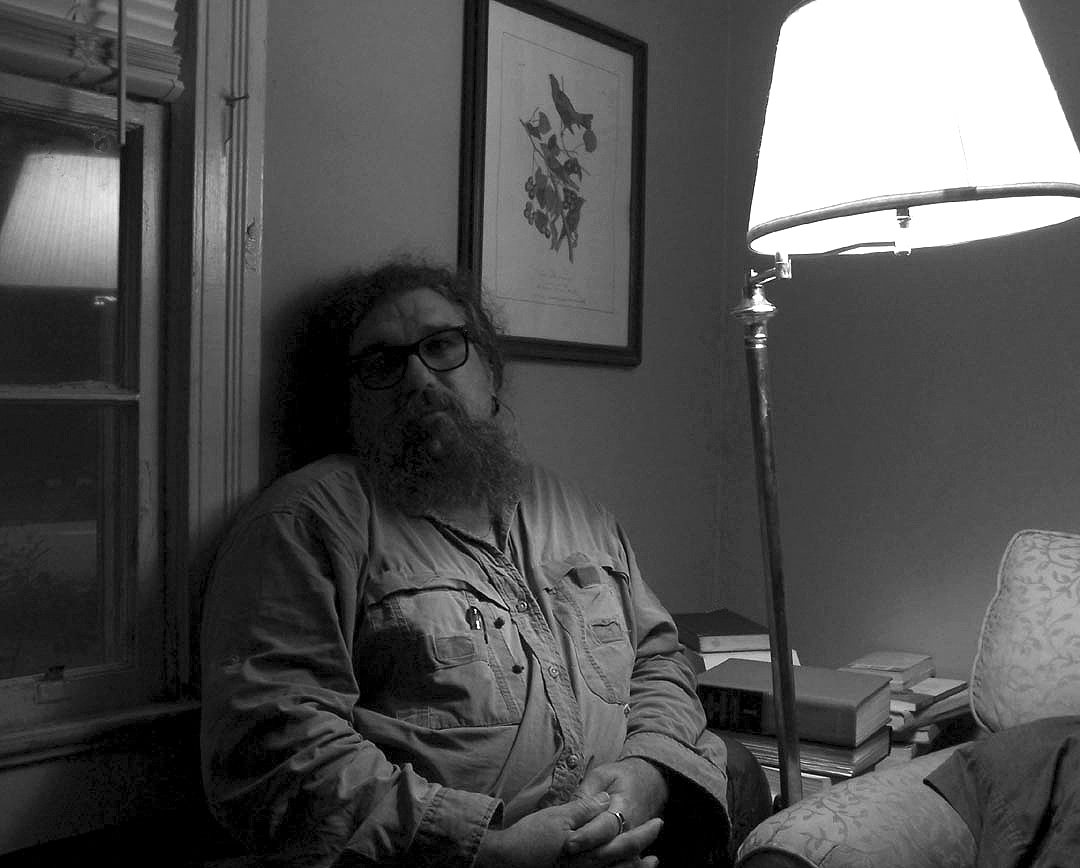Jeff Weddle’s vision encompasses many facets of the human condition—focused rage and conflict, love and lust, the peevishness of petty minds—but for the most part his vignettes confront you with those moments in life when the world shifts a bit, when the things that were in place lose their balance, bringing into focus the law that states life can turn on a can of sardines. Weddle’s stories are about those brief, shining moments in a South of indiscriminate geography, for the most part that of two-lane roads, the landscapes of Flannery O’Connor and Larry Brown, in a sturdy, staccato prose that tell what happens when we come to face the world as who we are, naked and without artifice.
The most powerful stories in the collection are “A Feast of Feathers”, a harrowing story of the loss of innocence; “Hot Sardines”, which delineates a situation packed with potential, a study in lowered expectations that explode into chaos and disorder; “A Constant Battle of the Flesh”, a very, very funny story of tangled lust that ends in the complex complacency many such situations do; “Epiphany”, perhaps best described as a prose poem about “God’s cruelest gift”, insufficient talent; “She Finds Herself Dancing”, a truly beautiful observation/reflection on that magic which takes place when the spotlights are upon you; “Dooley’s Revenge”, retelling that “oldest story” of two men and a majorette; the back-to-back stories of “Dog Day” and “Ditto”, which describe how some people weren’t made to care for others while some care for others too much in the wrong way; and “State of Grace”, a story that defies description but one you will find yourself reading again to find the song behind the words, “I wonder who you are.”
For the life of me, it is my fondest hope that in time the whimsical cover for this dark and perceptive collection of short stories, an image taken from the last story, which in itself is a reflection on theology, perhaps even on the need for theology, will become a collector’s item more illustrative of a publisher’s misconception of a work than it is of the work itself. Jeff Weddle is far from whimsical, and though When Giraffes Flew does have visions of exotic animals cavorting in clouds, nobody has an umbrella.

